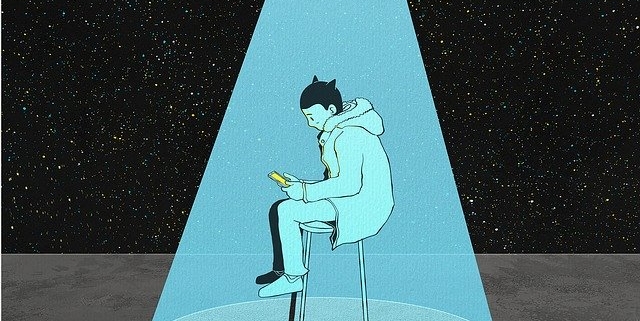The digital age has fundamentally reshaped our lifestyles, impacting our relationships. We can talk to anyone, anywhere, in seconds. So, why do we feel so alone?
This is the hyperconnection paradox: despite many online connections, we feel more isolated. Relationships become superficial, lacking authentic bonds due to the diminished quality of interactions. This impacts mental health, causing anxiety, insomnia, and difficulty forming lasting relationships, particularly among young people, who have grown up immersed in the digital world and lack experience with pre-internet relationships.
We post and share for approval, but “likes” from strangers don’t fulfill us. The emphasis on online appearances and the pursuit of digital validation replaces essential face-to-face interactions, crucial for building deep bonds. Ghosting, the abrupt end of online relationships, is increasingly common. This behavior highlights a lack of empathy and accountability, contributing to mistrust and isolation. Furthermore, modern society’s focus on individualism and competition weakens our sense of community.
So, how can we feel less alone in the digital age?
- First, set clear time limits for social media and devices and turn off unimportant notifications.
- Second, prioritize real-life connections. Schedule time with friends and family, volunteer, and join group activities. And be sure to put your phone away during these moments.
- Engage in enriching hobbies like sports, reading, painting, and spend more time in nature.
- Finally, value genuine relationships built on trust and empathy. Have meaningful conversations, listen actively, and communicate respectfully.
Essentially, to combat digital loneliness, balance online and real life. Technology connects, but real bonds are deeper. Quality connections matter most.
Author: Chiara Monterosso – JUMP Team


